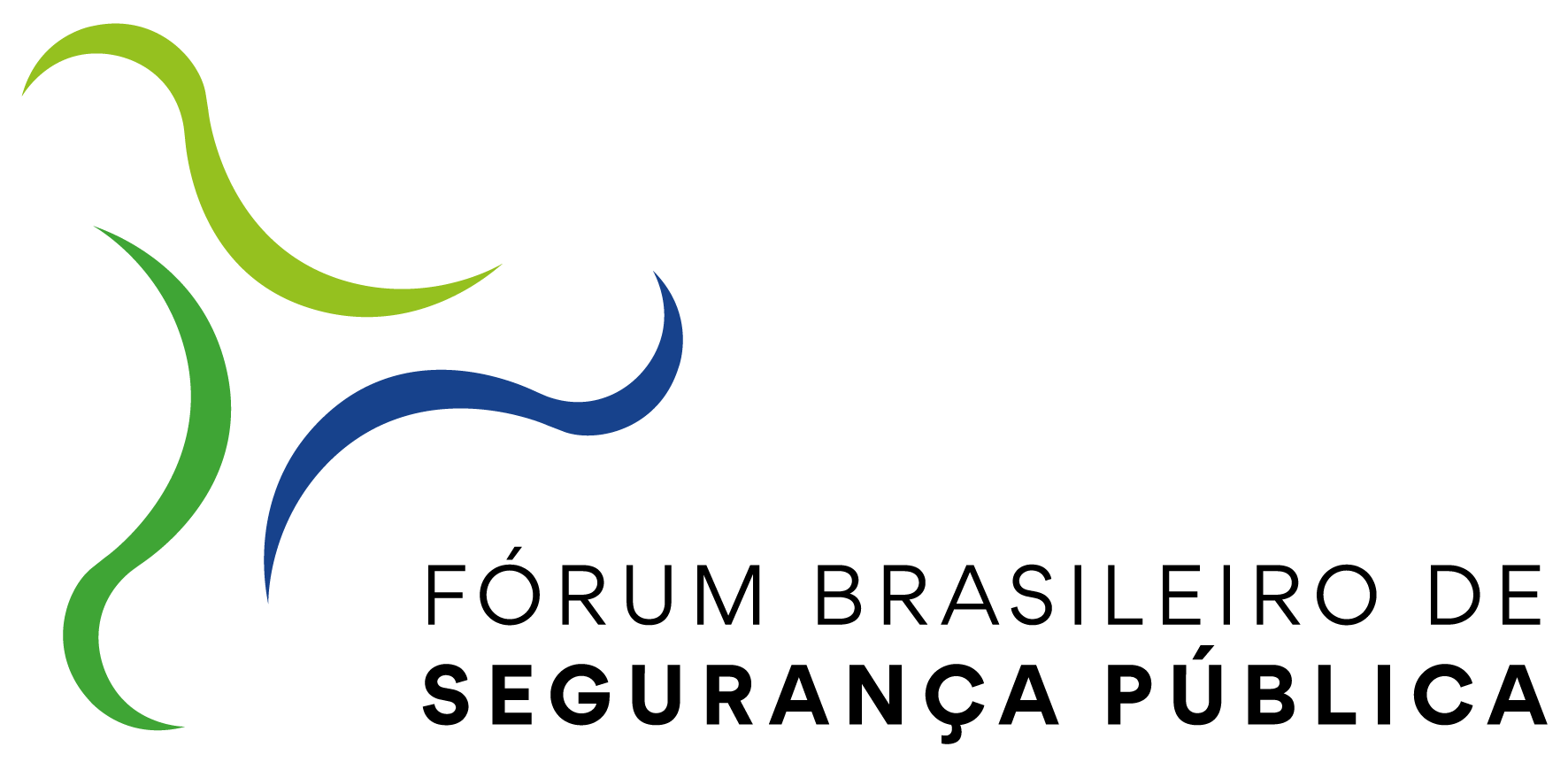The (In)constitutionality of the provisional execution of the sentence in the decisions rendered in the scope of the jury
DOI:
https://doi.org/10.31060/rbsp.2023.v17.n1.1455Keywords:
Court of Law, Penal Response, Provisional Execution of the SentenceAbstract
The present paper seeks to analyze the constitutionality of the institute of the provisional execution of the sentence in the decisions rendered in the scope of the Court of Law based on the innovation brought by the Code of Criminal Procedure, by the Law 13.964/19, regarding the execution of the sentence in crimes with penalty equal or greater than 15 (fifteen) years of incarceration. Its problem rests, among other aspects, on the implementation of the provisional execution of the sentence as a punitivist institute, which directly affects the increase of the prison population, that is already decadent. Thereunto, the hypothetical-deductive method was used through research in doctrine, legislation and other bibliographic sources. Finally, it was concluded that the provisional execution of the sentence does not comply with the guidelines in the 1988 Constitution. In addition, data from the National Penitentiary Department show a significant increase in the prison population related to qualified homicides in 2020; a fact that demonstrates the punitive nature of provisional execution
Downloads
References
AÇÕES DIRETAS DE CONSTITUCIONALIDADE (ADCs. 43, 44 e 54). REL. MIN. MARCO AURÉLIO. Supremo Tribunal Federal.
Assembleia Geral da ONU (1948). Declaração Universal dos Direitos Humanos, Paris, 1948.
BECCARIA, C. Dos delitos e das penas. 2 ed. São Paulo: Edipro, 2015.
BRASIL. Carta da República de 1988. Diário Oficial da União, Brasília-DF.
BRASIL. Decreto-lei Nº. 3688, de 03 de outubro de 1941 (Código de Processo Penal). Diário Oficial da União, Rio de Janeiro.
BRASIL. Lei Nº 7.210, de 11 de julho de 1984 (Lei de Execução Penal). Diário Oficial da União, Brasília-DF.
BRASIL. Lei Nº 13.964, de 24 de dezembro de 2019 (Pacote Anticrime). Diário Oficial da União, Brasília-DF.
BRASIL. MJSP, Ministério da Justiça e Segurança Pública. Exposição de Motivos Nº 00014, de 31 de janeiro de 2019.
BRASIL. STJ, Superior Tribunal de Justiça. Habeas Corpus No 560.640/DF. REL. MIN. SEBASTIÃO REIS JUNIOR. 04 de dezembro de 2020.
Convenção Americana sobre Direitos Humanos. Costa Rica, 1969.
Convenção Europeia para a proteção dos Direitos Humanos e das Liberdades Fundamentais. Roma, 1950.
DEPEN. Quantidade de Incidências por Tipo Penal. Período de Janeiro a Junho de 2018.
DEPEN. Quantidade de Incidências por Tipo Penal. Período de Janeiro a Junho de 2019.
DEPEN. Quantidade de Incidências por Tipo Penal. Período de Janeiro a Junho de 2020.
GARCIA, B. Comentários ao Código de Processo Penal. v. 3. São Paulo: Forense, 1945.
KURKOWSKI, R. S. A execução provisória da pena no tribunal do júri. In: WALMSLEY, A.; CIRENO, L.; BARBOZA, M. N. Inovações da Lei Nº 13.964, de 24 de dezembro de 2019. Brasília: Ministério Público Federal, 2020.
LIMA, R. B. Código de Processo Penal Comentado. 2 ed. Salvador: Juspodivm, 2017.
LIMA, R. B. Manual de Processo Penal. Salvador: Juspodivm, 2020.
LOPES JR., A. Direito Processual Penal. 13 ed. São Paulo: Saraiva, 2016.
LOPES JR., A.; MORAIS DA ROSA, A. Prisão obrigatória no júri é mais uma vez inconstitucional. Consultor Jurídico, Notícias, Limite Penal, 31 jan. 2020.
NUCCI, G. de S. Curso de execução penal. 1 ed. Rio de Janeiro: Forense, 2018.
Pacto Internacional dos Direitos Civis e Políticos. Nova Iorque, 1966.
QUEIROZ, P. A nova prisão preventiva – Lei 13.964/2019. Paulo Queiroz WebSite, 13 jan. 2020.
SANTOS, M. P. D. Comentários ao pacote anticrime. Rio de Janeiro: Forense, São Paulo: Método, 2020.
STRECK, L. L. Júri: pode um simples "não" levar à imediata prisão do réu?. Consultor Jurídico, Notícias, Senso Incomum, 30 jan. 2020.
Published
How to Cite
Issue
Section
License
Copyright (c) 2023 Revista Brasileira de Segurança Pública

This work is licensed under a Creative Commons Attribution 4.0 International License.
Licensing
The Brazilian Journal of Public Security uses the Creative Commons License as a form of licensing for its published works. The license used follows the CC BY 4.0 - Attribution 4.0 International model.
To see the permitted rights please go to the full licence or to our Copyright and Licensing page.



